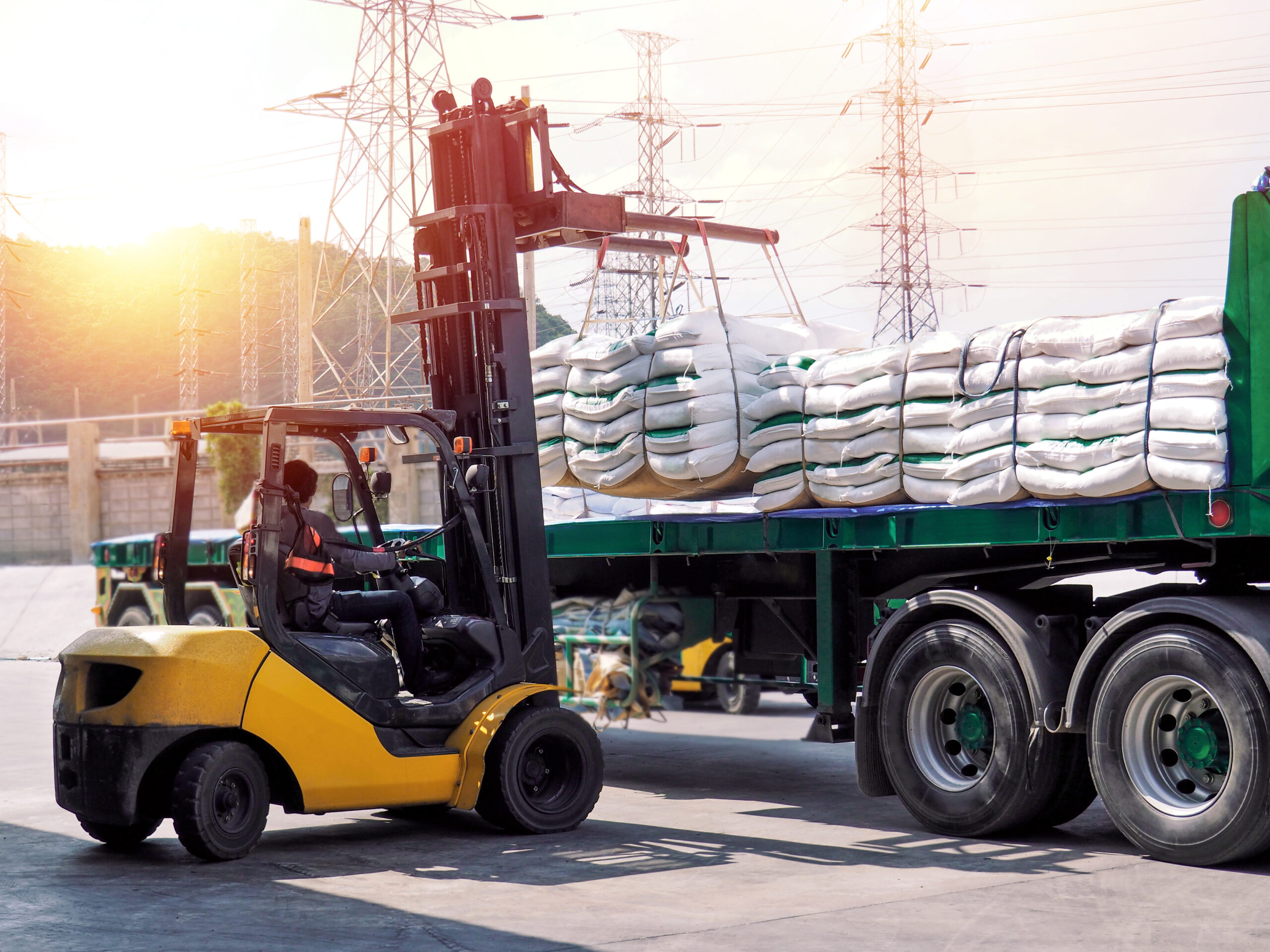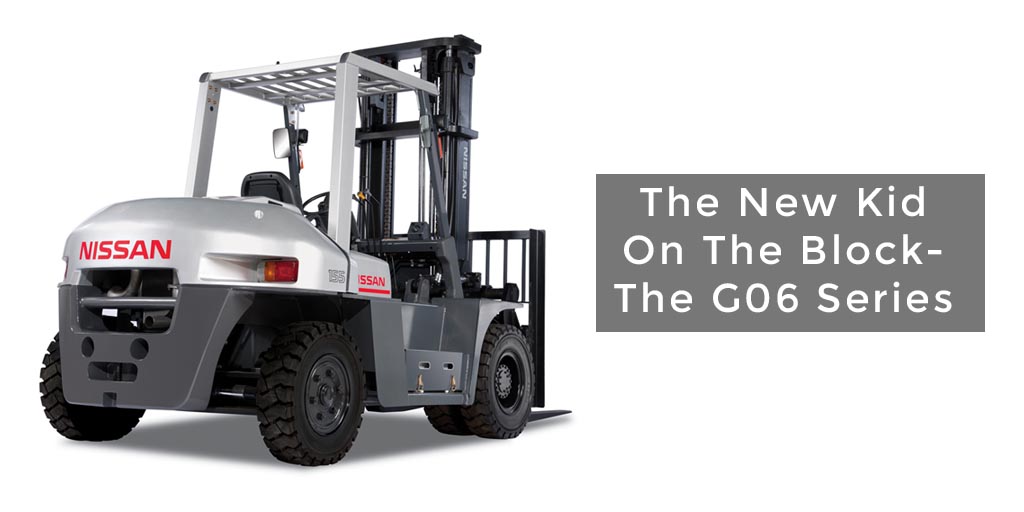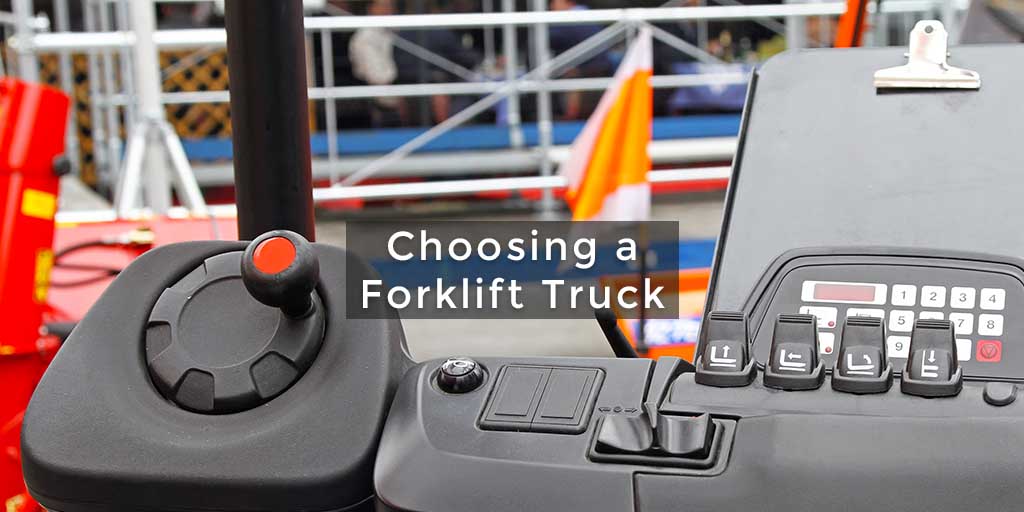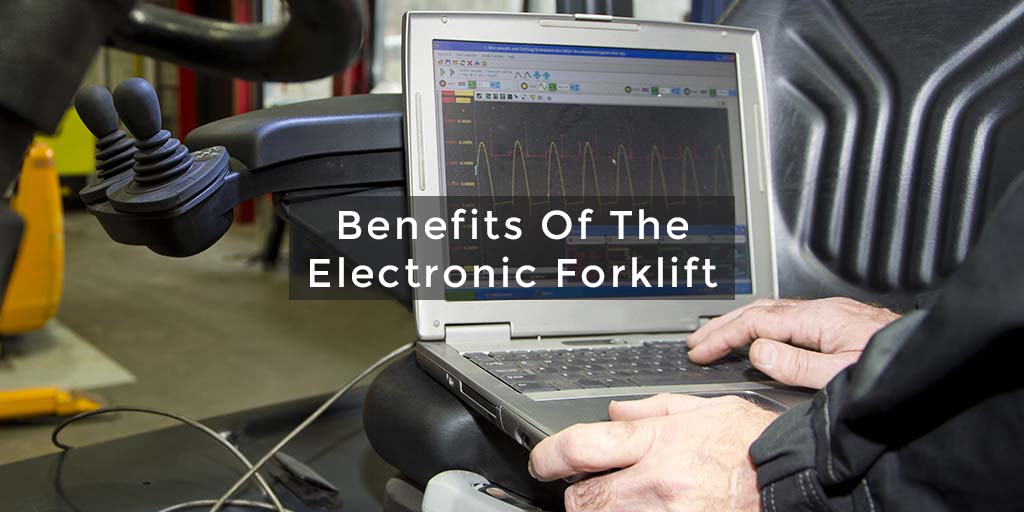
Forklifts are an essential tool for any warehouse or construction site, and with so many different types available, it can be difficult to choose the right one for your needs. One of the most popular types of forklifts is the diesel forklift, and over the year they have become known for their reliability and durability. However, like any other piece of machinery, diesel forklifts have their pros and cons that you need to be aware of before making a decision.
At H&F Lift Trucks, we believe that informed decision-making is the key to success. In this blog, we’ll take a closer look at the pros and cons of diesel forklifts, so you can make an educated decision on whether this type of forklift is the right choice for your business.
Pros of Diesel Forklifts
Reliability
Diesel engines are well-known for their reliability. They are designed to work in harsh conditions and are adept at handling heavy lifting. Another plus is that, unlike electric vehicles, there is no downtime for recharging – so they are always ready for action. This makes them an ideal choice for businesses that require their forklifts to work long hours without any breaks.
Cost-effective
Diesel forklifts are generally more cost-effective than their electric and gas counterparts, especially when it comes to fuel costs. Diesel fuel is cheaper than electricity and gas, and diesel engines are more fuel-efficient than electric motors, which means you’ll save money in the long run.
Power
Diesel engines are powerful with the fastest acceleration speeds and can handle heavy loads and towing with ease. They are ideal for outdoor use and can handle rough terrain and gradients, making them an excellent choice for construction sites and other outdoor locations.
Low maintenance
Diesel engines are simpler than electric motors, which means they require less maintenance. They have fewer moving parts, which means there are fewer things that can go wrong, and they don’t require associated kit such as batteries or charging stations.
Durability
Diesel forklifts, and diesel engines in general, are sturdily built and well-known for their long life. They will consistently outlast gas or electric forklifts and so are worth considering if you don’t want to replace your trucks on a regular basis.
Visibility
Due to the absence of propane tanks and large batteries there is nothing to obstruct the field of vision at the rear of a diesel forklift. Consequently diesel engines tend to provide the best rear visibility of any forklift vehicle.
Cons of Diesel Forklifts
Emissions
Diesel engines emit more pollutants than electric motors, which can be a concern for some businesses, especially if indoor work is required. However, modern diesel engines are designed to be more eco-friendly than their predecessors, and many forklifts are now fitted with exhaust filters to reduce emissions.
Noise
Diesel engines are louder than electric motors, which can be a problem if you’re working in an enclosed space. This can be mitigated with proper ear protection, but it’s still something to consider when conducting your health and safety assessment.
Maintenance
While diesel engines require less maintenance overall, they do require regular oil changes and filter replacements. This can be more time-consuming than simply plugging in an electric forklift to charge.
Initial Cost
Diesel forklifts are generally more expensive than electric forklifts, both in terms of the initial purchase price and the cost of fuel. However, as mentioned earlier, they can be more cost-effective in the long run due to their fuel efficiency.
Diesel forklifts have their pros and cons, and whether they’re the right choice for your business will depend on your specific needs and circumstances. At H&F Lift Trucks, we offer a wide range of forklifts, including diesel, electric, and propane models, so we can help you find the right forklift for your business. We are always happy to have an informal discussion if you are looking for help and advice, so get in touch today.







